SUMMARY
This is AI generated summarization, which may have errors. For context, always refer to the full article.
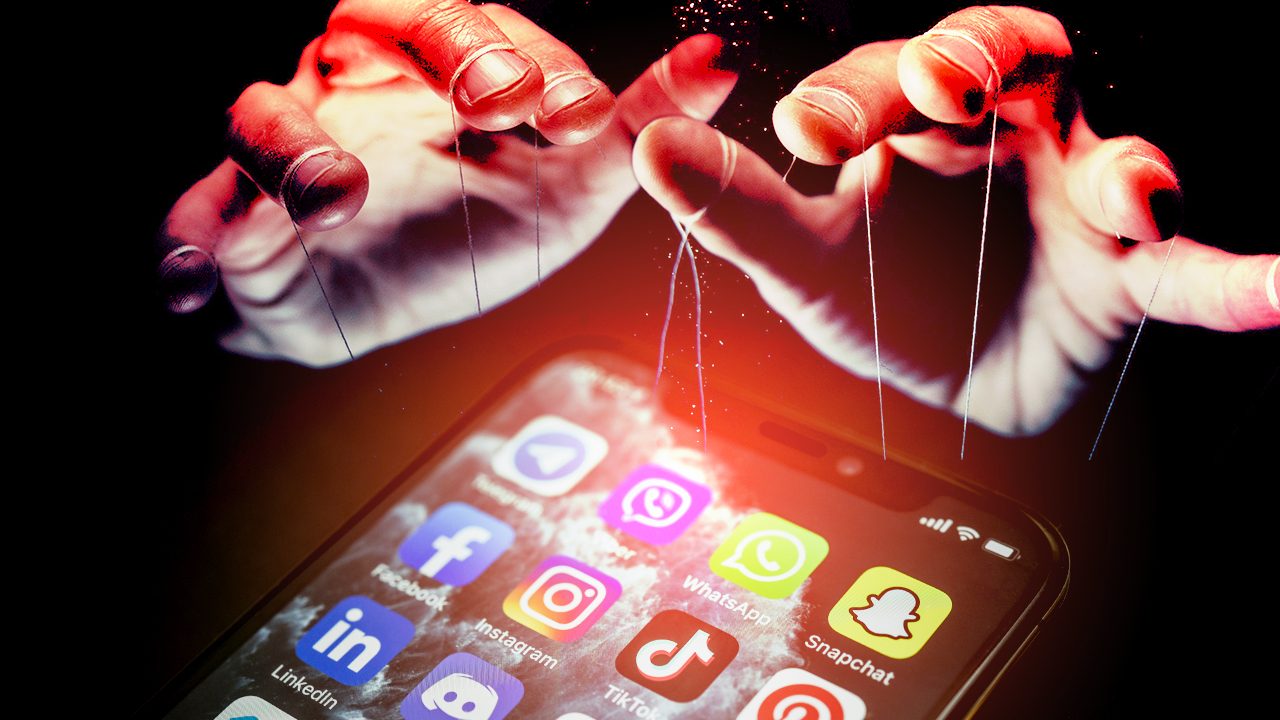
MANILA, Philippines – The Digital Public Pulse (DPP) project’s landscape analysis of YouTube, Facebook, and Twitter found five indicators of “networked political manipulation” in relation to the 2022 elections.
The researchers at the Philippine Media Monitoring Laboratory announced their findings on Wednesday, February 2. This is the fourth report of the first phase of the DPP project, in which they performed a cross-platform analysis of the digital election landscape in the three of the most popular social media platforms in the Philippines. The data used were public posts from each platform containing election-related keywords from May to October 2021.
The researchers pointed to the following as indicators of “networked political manipulation” on social media:
- Highly influential accounts, particularly on Twitter and Facebook, that have been taken down or suspended after they were scanned but before they were analyzed;
- Obscure accounts that were most shared and interacted with on Facebook and Twitter;
- Entertainment, feature, and other supposedly non-political Facebook pages that shared a significant number of political content that packaged partisan messaging;
- Content with inflammatory and hostile attacks on aspirants, opposition, and the media that have been taken down across Facebook, Twitter, and YouTube after they have generated massive views and engagement; and
- Facebook and YouTube accounts that copied the practices of the media and other institutions to make themselves look credible.
The study said that these accounts have contributed to the growth in the influence of politicians in social media, yet they are not necessarily covered by election-related policies. The freedom of these accounts to spread partisan content without the need to disclose their identities has also helped shield them from scrutiny and accountability.
These “anti-democratic” actors, as the researchers called them, also often hijacked political discourse on social media by both attacking and copying social institutions like the media. Among the most common tactics of these accounts were baselessly accusing the media of being biased and mimicking the format of news and surveys to feign credibility.
The researchers said that the platforms deal with networked manipulation in different ways, but all three have conducted takedowns of inauthentic accounts. Facebook defines it as “coordinated inauthentic behavior,” while YouTube characterizes it as “coordinated influence operations.” Twitter deals with it under its platform manipulation policy.
“There are a lot of actions made by the platforms…. But I think, coming from a political-economic perspective, platform commercial interest will always be in conflict with democratic ideals,” Marie Fatima Gaw, a co-lead of the DPP study, said during the presentation.
Gaw mentioned Facebook whistleblower Frances Haugen’s statement on how Meta leaders refuse to make Facebook and Instagram safer even though they know how to, because they prioritize profits before their users.
“There are safeguards they can do, but they’re doing it for show somehow. We want to expect more from platforms because they earn a lot from us,” Gaw said.
The cross-platform analysis wrapped up the DPP project’s first phase that detailed the Philippine election digital landscape. The first three reports focused on identifying the influential networks of accounts participating in the election discourse on YouTube, Twitter, and Facebook, respectively.
The second phase of the project will further flesh out the topics discussed through content analysis, then the third phase will be an in-depth qualitative analysis of the discourse online.
The Philippine Media Monitoring Lab is a consortium of researchers in the fields of communication, political science, and data science. The DPP project is co-led by Gaw and Jon Benedik Bunquin, both assistant professors from the University of the Philippines Diliman’s Communication Research department. – Rappler.com
Add a comment
How does this make you feel?
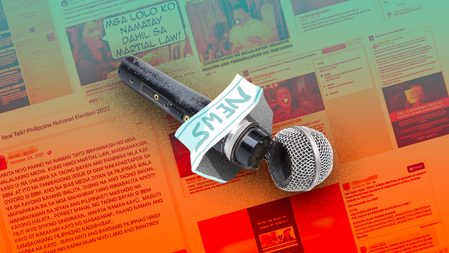









![[New School] Tama na kayo](https://www.rappler.com/tachyon/2024/02/new-school-tama-na-kayo-feb-6-2024.jpg?resize=257%2C257&crop=290px%2C0px%2C720px%2C720px)


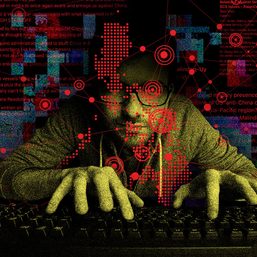
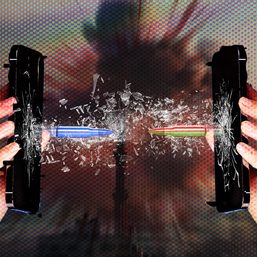

![[DECODED] The Philippines and Brazil have a lot in common. Online toxicity is one.](https://www.rappler.com/tachyon/2024/07/misogyny-tech-carousel-revised-decoded-july-2024.jpg?resize=257%2C257&crop_strategy=attention)



![[Rappler’s Best] US does propaganda? Of course.](https://www.rappler.com/tachyon/2024/06/US-does-propaganda-Of-course-june-17-2024.jpg?resize=257%2C257&crop=236px%2C0px%2C720px%2C720px)
![[OPINYON] Tungkol sa naging viral na social media conjecture](https://www.rappler.com/tachyon/2024/07/thought-leaders-conjecture-07262024.jpg?resize=257%2C257&crop_strategy=attention)
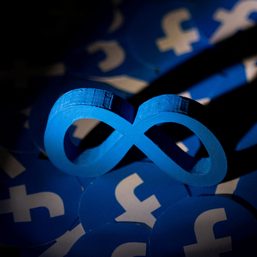

There are no comments yet. Add your comment to start the conversation.